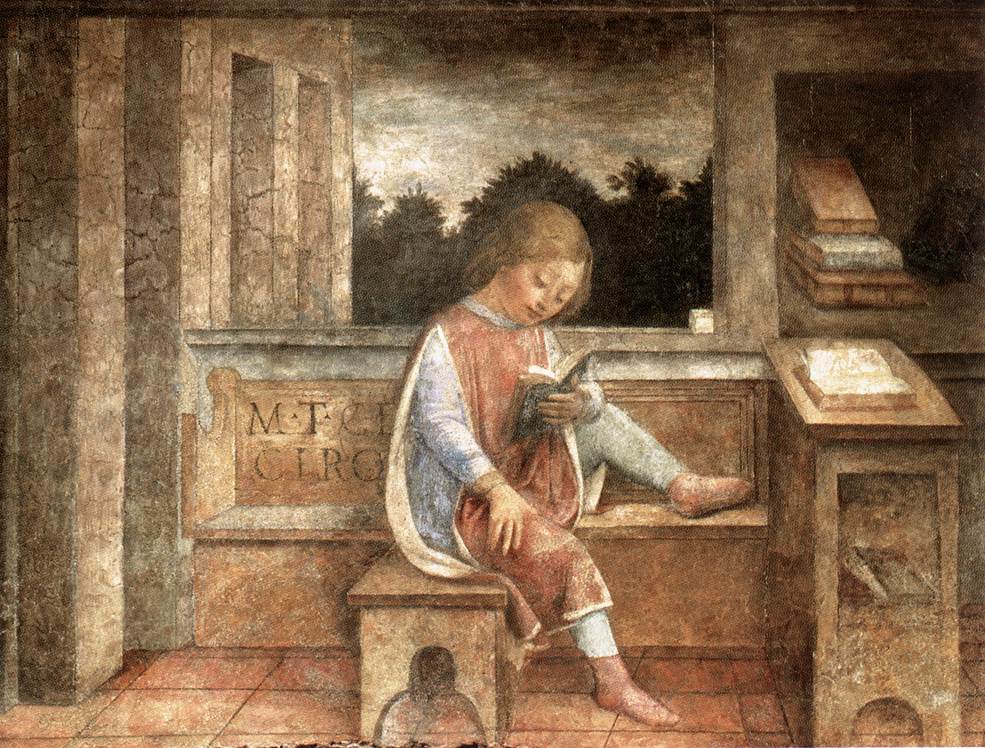Sententiae antiquae: Early Modern Commonplace and the Classical Tradition

Thursday 5 March 2020, 5.15PM
Speaker(s): Stephanie Ann Frampton (Massachusetts Institute of Technology)
CREMS Research Seminar
While the commonplace book is most often associated with the Renaissance and after, recognized as having derived from the religious florilegia of the Middle Ages, testimony from Greek and Roman prose authors shows that the practice of collecting reading notes and written quotations had much earlier beginnings. Starting with a student’s earliest encounter with literary texts in schools—the exercises of copying sententious excerpts (γνώμαι, sententiae) so clearly in evidence in the papyrological record—this method of engaging with books continued into mature literary habit, contributing to the iconic uses of verbatim and paraphrastic quotation in classical authors from Plato to Cicero and beyond. This paper examines this evidence along with literary testimony for the production of authors’ notebooks (generally, commentarii or ὑπομνήματα), focusing especially on Latin authors from Caesar to Gellius, to develop a clearer picture of the key role played by what would later be figured as the “ars excerpendi” in the reading and writing habits of the ancient world, as precursors to the more familiar miscellanies of the Medieval and Early Modern periods.
Stephanie Ann Frampton is a classicist, comparatist, and historian of media in antiquity. She is Associate Professor of Classical Literature and Co-Chair of the Program in Ancient and Medieval Studies at MIT, having received a Ph.D. from Harvard University in 2011 and a B.A. from the University of Chicago in 2003. Her work explores the intersections of material and literary culture in the ancient Mediterranean and the classical tradition, focusing on histories of the book, writing, reading, and scholarly practice. She has published on a range of topics in this area, from graffiti in the city of Herculaneum to the idea of “studium” in classical scholarship from antiquity to the Renaissance and on Latin authors from Cicero to Ausonius. Prof. Frampton has been the recipient of numerous awards, including fellowships from the American Academy in Rome, the Andrew Mellon Foundation, and the Loeb Classical Library Foundation. This year (2019–20), she is a visiting fellow at the Warburg Institute in London, where she is working on a new study of ancient Roman book collections entitled, Cicero’s Library: The Roman Book and the Making of the Classics. Her first book, Empire of Letters: Writing in Roman Literature and Thought from Lucretius to Ovid, appeared with Oxford University Press at the beginning of 2019.
Image: Vincenzo Foppa's "The Young Cicero Reading" (1464), The Wallace Collection.
Location: York Medical Society, 23 Stonegate (Please note the change in venue!)
Admission: All Welcome
Email: crems-enquiries@york.ac.uk
